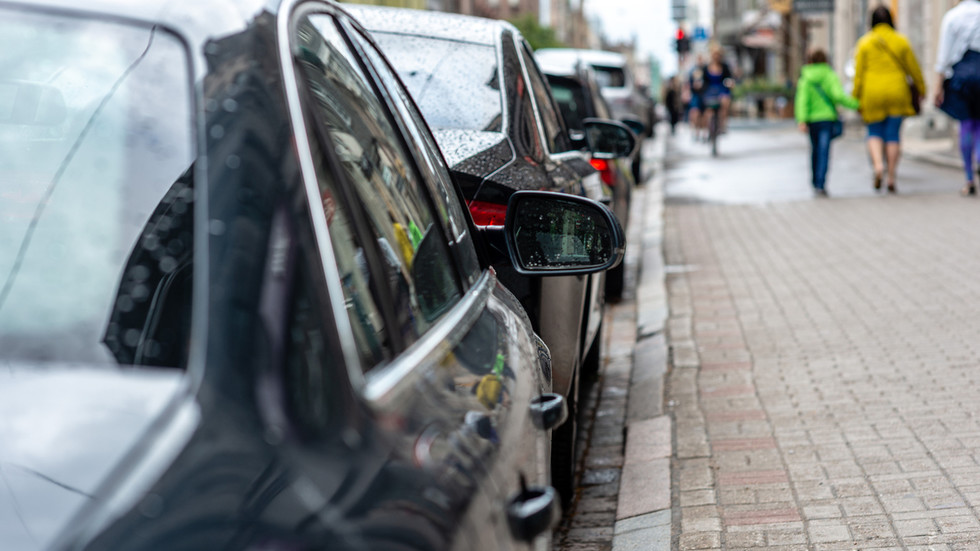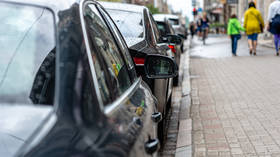
Vehicles registered in Russia must have left Lithuania by a designated date, the Baltic nation’s customs service has said

© Getty Images / Askolds
Owners of Russia-registered vehicles in Lithuania will either be fined or have their cars seized under a new regulation that came into force on Monday. According to the Lithuanian Customs Service, owners must either re-register and get local license plates or take their cars out of the country.
The measure is mandated by EU sanctions against Russia following a clarification by the European Commission on September 8, the service explained. Allowing Russia-registered cars to enter the territory of the 27-member bloc is being treated as an import that has been prohibited by Brussels.
Russian citizens heading to or from Russia’s westernmost exclave of Kaliningrad through Lithuania are exempted from the regulation. Transit through the country must take no longer than 24 hours and the presence of the car’s owner and corresponding documentation is mandatory.
According to Lithuanian Customs, some 50 cars with Russian license plates still remain in the country.

The Baltic states are among the most vocally opposed to Russia and have been the quickest to adopt various bans and restrictive measures. In February, Latvian authorities allowed the confiscation of Russia-registered vehicles and their donation to support Ukraine.
Estonia joined the license plate ban in September, but has yet to announce further steps. Estonian Interior Minister Lauri Laanemets described the new guidelines on sanctions execution as sensible, but emphasized that compliance could take time.
A prohibition on Russia-registered cars has also been implemented in Finland, Poland, Bulgaria, Germany and Norway, which is not an EU member state, but shares a land border with Russia.
Moscow has repeatedly decried the decisions taken by EU authorities in relation to property belonging to Russian citizens. In November, Russian Foreign Ministry spokeswoman Maria Zakharova denounced Brussels’ guidelines on Russia-registered vehicles as blatant “racism.” In February, the Russian embassy in Latvia described the planned seizure of Russian vehicles as “an act of state robbery.”




